The New Jersey Department of Labor (DOL) helps workers obtain the compensation and benefits they are entitled to under state and federal laws.
Benefits Appeals and Hearings
The DOL handles applications for state employment benefits, including disability insurance, unemployment insurance, or workers’ compensation. If you have applied for a benefit and have been denied, you may have the right to appeal the state’s decision. This begins with filing a written request or notice for appeal.
In some cases, an appeal may require a hearing. Information regarding your situation will be collected, examined, and evaluated before a final decision is made. The type and location of the hearing may vary based on the specific claim being appealed. An appeal hearing may take place before a quasi-judicial panel of the DOL or, depending on the specific facts of the appeal, may be referred to New Jersey Superior Court for further proceedings.
Although a DOL hearing is not the same as an appearance in court or a legal trial, it can be similar in many ways. For instance, specific procedures and formalities must be followed before, during, and after the hearing. It is important to be prepared and know what to expect. Violating the hearing procedures or formalities (even unintentionally) may weaken the strength of your claim.
If you are considering appealing a Department of Labor decision, an experienced employment attorney can help you prepare or legally represent you at the hearing. Being well prepared, understanding how the hearing is conducted, and having effective legal representation before the Department of Labor will increase the likelihood of success for your appeal.
Prevailing Wage Claims
When a company wins a bid for a government or public entity job, the employer is required by law to pay its employees in compliance with the New Jersey Prevailing Wage Act (NJSC 34:11-56.25). Under this law, wage rates and benefits are determined through collective bargaining agreement (CBA) according to the trade, skill, and locality of each worker’s job. The rates are determined based upon the date the contract is accepted, but may be adjusted during the project.
Employers are required to pay its employees at least twice per month. The employer must pay the prevailing wage rate and keep a certified payroll ledger.
An employee who believes they have not been paid the applicable prevailing wage may file a claim with the DOL. The agency will conduct and investigation, which may include a hearing, to determine whether the employer has committed a violation. If the employer is found to be in violation of the Act, the employer is subject to fees, fines, payment of lost wages, and possible debarment from future prevailing wage jobs.
For a violation of the Prevailing Wage Act, an employer may be fined not less than $100.00 nor more than $1,000 and/or be imprisoned for not less than 10 nor more than 90 days. Each week in which a worker is paid less than the applicable rate under this act on any day shall constitute a separate offense for each worker affected.
NJ law also prohibits employers from discriminating or retaliating against an employee for reporting a prevailing wage violation or testifying against an employer.
An employee may recover the improperly withheld wages in a civil action in the full amount of such prevailing wage, less any amount actually paid to him or her by the employer. The employee may also recover such reasonable attorney’s fees as may be allowed by the court. An employee must file a claim within 6 years of a violation.
Wage & Hour Claims
If you haven’t been paid what you are entitled to, you have options. The DOL handles claims for monetary wage and hour losses of up to $50,000. Claims above $50,000 must be filed directly in Superior Court. If you believe that your claim is over $50,000 and you file with the Department of Labor, the maximum you can recover is $50,000.
An employee who believes (s)he has not been paid according to the wage and hour laws may report the employer informally to the Department of Labor. The Department of Labor may then request that the employer open its books, and an audit may take place. The auditor has subpoena powers to force the employer to cooperate with the investigation; there may be a hearing to review the evidence and obtain witness testimony. If the auditor determines that the employer has violated the wage and hour laws, the employer may face significant penalties: a judgment, penalties of 10% of the judgment, and administrative fees.
When an employer is found to have violated the minimum wage laws, the employer may also be subject to a penalty of reasonable lawyer fees.
Mark | Lavigne, LLC wage and hour team can help you challenge your employer’s refusal to pay you what you have earned. We have almost 15 years of experience in wage and hour disputes and appeals, representing clients in matters of simple payment disputes, overtime claims, and prevailing wage claims.


